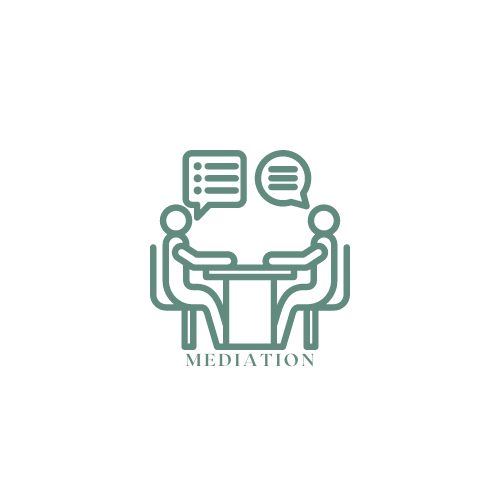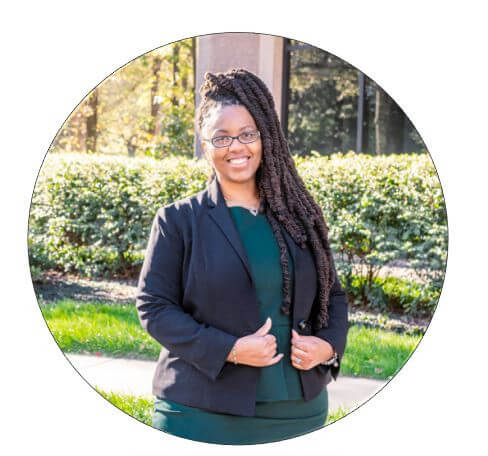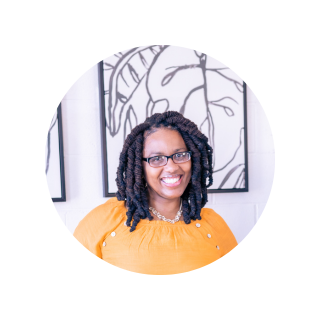
- Serving Families In Wisdom Justice & Truth -
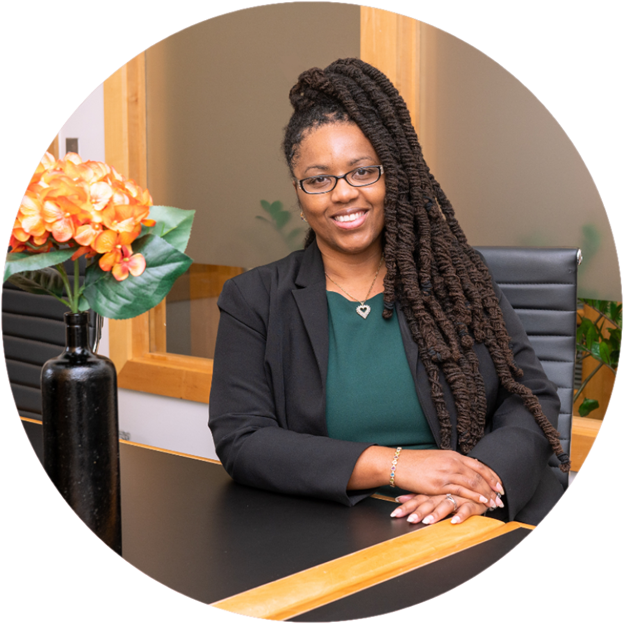
Sherlyn "Char" Selassie
Pastor at Law
Founder, Law for Love
_____
Creative Dispute Resolution
Legal Coaching
Pastoral Care
Seminars & Workshops
Law for Love is an industry leader in the method of Compassionate Family Mediation. Our unique approach nurtures privacy, respect, and safety for both parties.
Mediation services are available for:
Divorce/Separation
Marriage Reconciliation
Coparenting

We believe that planning for the ones you will leave behind is the greatest act of love. This process requires vision, courage, and care. We provide expert and compassionate guidance and support to help you make these very important decisions.
Estate Planning services
are available for:
Customized Trust Planning
Group Workshops
Law for Love specializes in equipping, encouraging, and empowering our clients to make lasting changes through their legal battles and beyond. This powerful approach incorporates legal advice and practical guidance navigating relationships with yourself and with others.
Legal Coaching services
are available for:
Individuals involved in contested litigation
Couples working through postnuptial agreements to strengthen trust and connection.
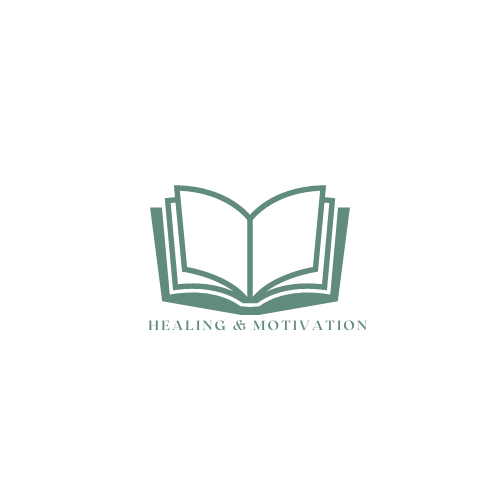
If you are planning to marry, or looking to strengthen your marriage, we can help. Our families benefit from the power of mediation, life coaching, and legal principles to build stronger, lasting foundations.
For inspirational resources, visit our Events and Books pages to access additional resources that come from the heart. Char’s passion for healing, authenticity, and inspiring others shines through in her writings, courses, and more.
Compassionate Family Mediation
Law for Love is an industry
leader in creative dispute resolution
Discover how you can avoid the expense, anxiety and combat of traditional litigation. Preserve your family's dignity by unlocking the power of private mediation.
Sherlyn "Char" Selassie is committed to serving and supporting families. She graduated Cum Laude from Saint Thomas University School of Law in her hometown, Miami Gardens, Florida. Char is an attorney in good standing with the State Bar Associations of Georgia and Florida.
For more than 12 years, Char has left her mark on thousands of individuals and families. She combines her contract and family expertise with remarkable creativity, insight, and wisdom. Clients who work with Char experience the attention, dignity and compassion they deserve. Her forward-thinking approach for families has scored victories for her clients both in the courts and beyond in their daily lives.
Char is an inspirational trainer, organizational leader, and community advocate. As a published author, she has transformed tragedy into triumph through both her personal narratives and those designed to support individuals navigating life's storms.
Law for Love Publications
Law for Love
is committed to equipping, encouraging, and empowering
families for lasting change through books and inspirational resources.
Copyright Law for Love


